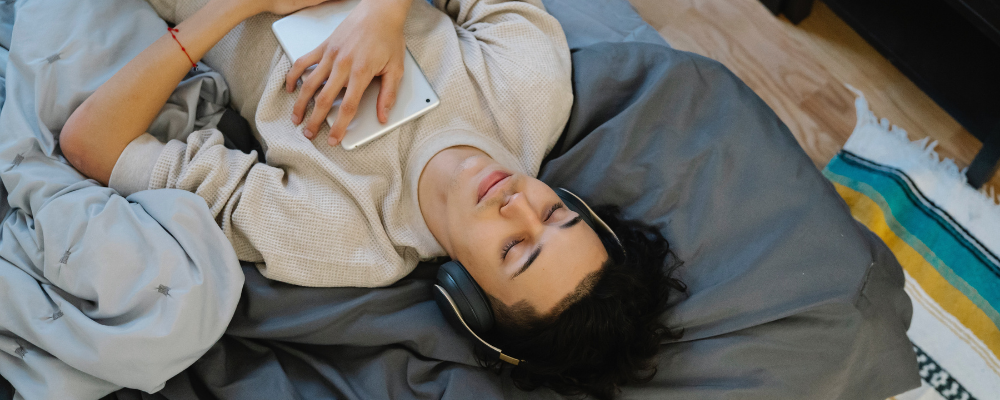For years – centuries in fact – myths about sleeping have floated around and influenced the way we sleep, the way we prepare for bed and even the way we live our lives.
Sleep is such an important part of being human, so it’s only natural we’re eager to learn everything we can about it and find out what we can do to make sure we’re getting the best sleep quality possible. Even if that includes counting imaginary animals!
But is there any truth to these sleep myths?

Does cheese give you nightmares?
False!
Incredibly, cheese is quite an excellent snack to have before bed. Calcium is a natural sleep aid and contains tryptophan, which is an amino acid the body uses to produce melatonin (the cheese hormone).
However, it’s important to note that any large amounts of food before bed can give you indigestion or heartburn, which can disrupt your sleep.
The cheese myth is very old, and there’s no evidence of where it came from. Maybe if you have experienced nightmares after eating cheese before bed, it’s because we’ve believed this myth for so long.

Does counting sheep help you sleep?
True!
While specifically counting woolly farm animals is not what actually helps you go to sleep (it could be penguins or elephants), counting and any type of repetitive task in your brain can help you fall asleep faster.
This is because it takes your mind off of any other thoughts or distractions and helps your brain relax. If you feel like you have a lot on your mind before going to bed, counting sheep is a good technique to help you unload and clear your mind.

Does your brain sleep when you do?
False!
There’s no rest for the wicked. If your brain went to sleep when you did, then your body wouldn’t be able to function. In fact, your brain is at its busiest when you’re sleeping. It’s working to make sure your body is repairing itself ready for the next day, helping you breathe and regulating your hormones.

Can you dream in black and white?
True!
A study back in 2008 showed that 12% of people dreamt in black and white. The explanation for this was that people who experienced media in black and white (before colour TV was readily available) were more likely to dream in black and white.

Can you learn while you sleep?
False!
Popular media, films and TV shows would have us believe that if you listen to audio while you’re sleeping, your brain will subconsciously absorb that information. This would be great and a very efficient way to sleep if it was true. But, unfortunately, your brain can’t attain any new knowledge when you’re getting your shuteye.
If anything, playing audio out loud would disturb you and affect your sleep quality.
That being said, it is true that while you sleep, your brain processes the information you’ve learned while you’re awake. So, this is why it’s important to get lots of sleep, especially when you’re learning something new.
At Hugel, we know how important sleep is for your body and mind. The benefits of our adjustable beds with anti-snoring and zero gravity technology are science-backed and not myths!

Whether you are looking to find the most relaxing and comfortable sleeping position or a mattress that will give you the support you desire, we’re here to help.
Try our adjustable beds and mattresses at a retailer near you.
Find out how Hugel could help you with your bed needs.
Contact us, or speak to our experts advisors on 0333 222 1804




